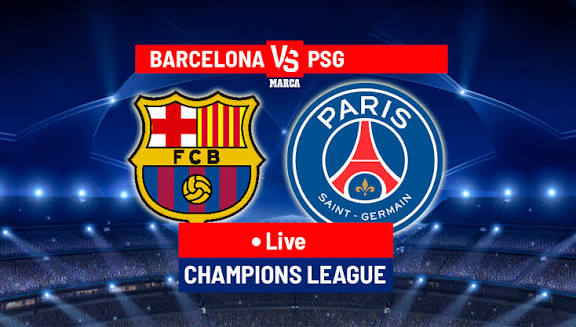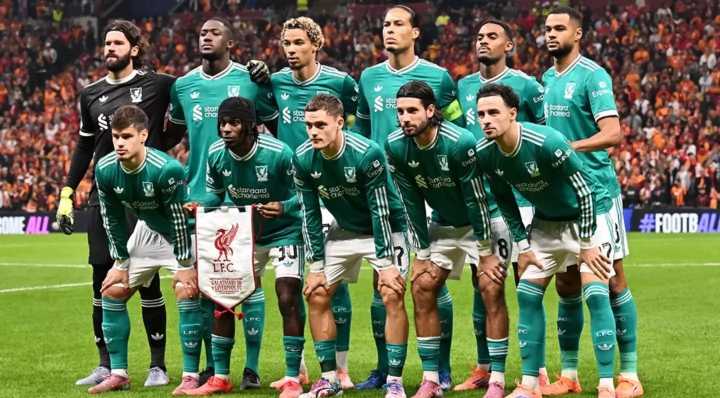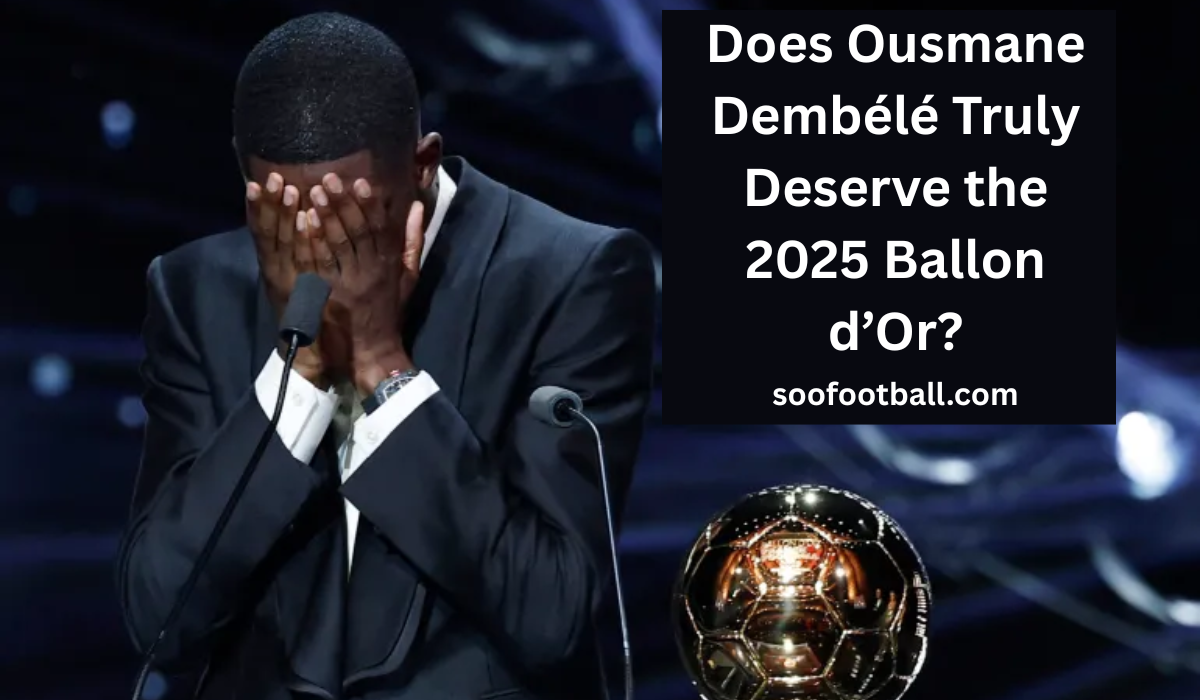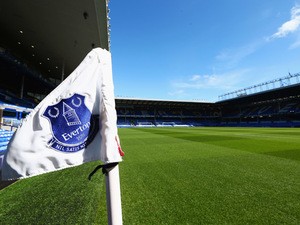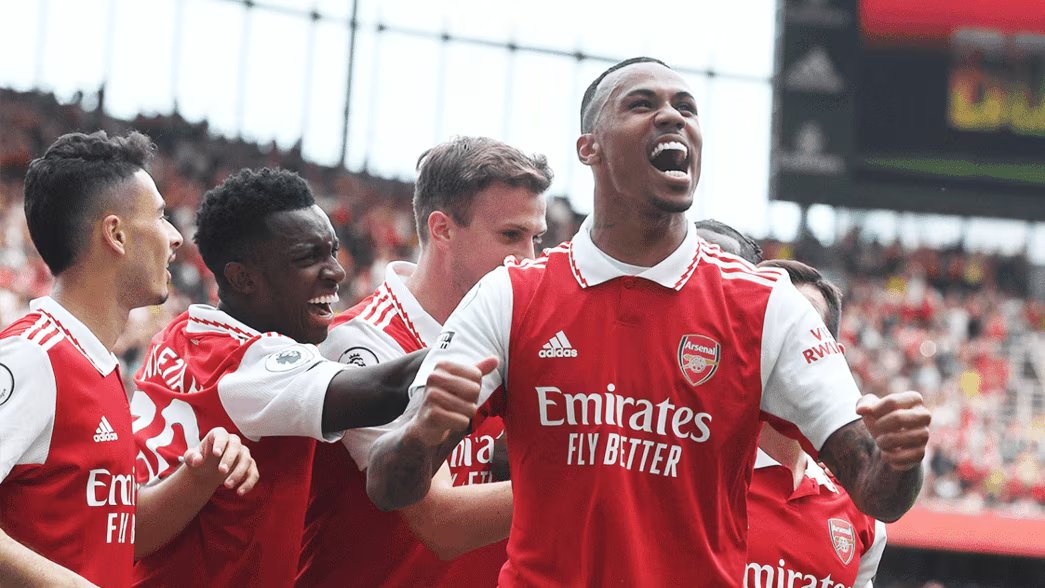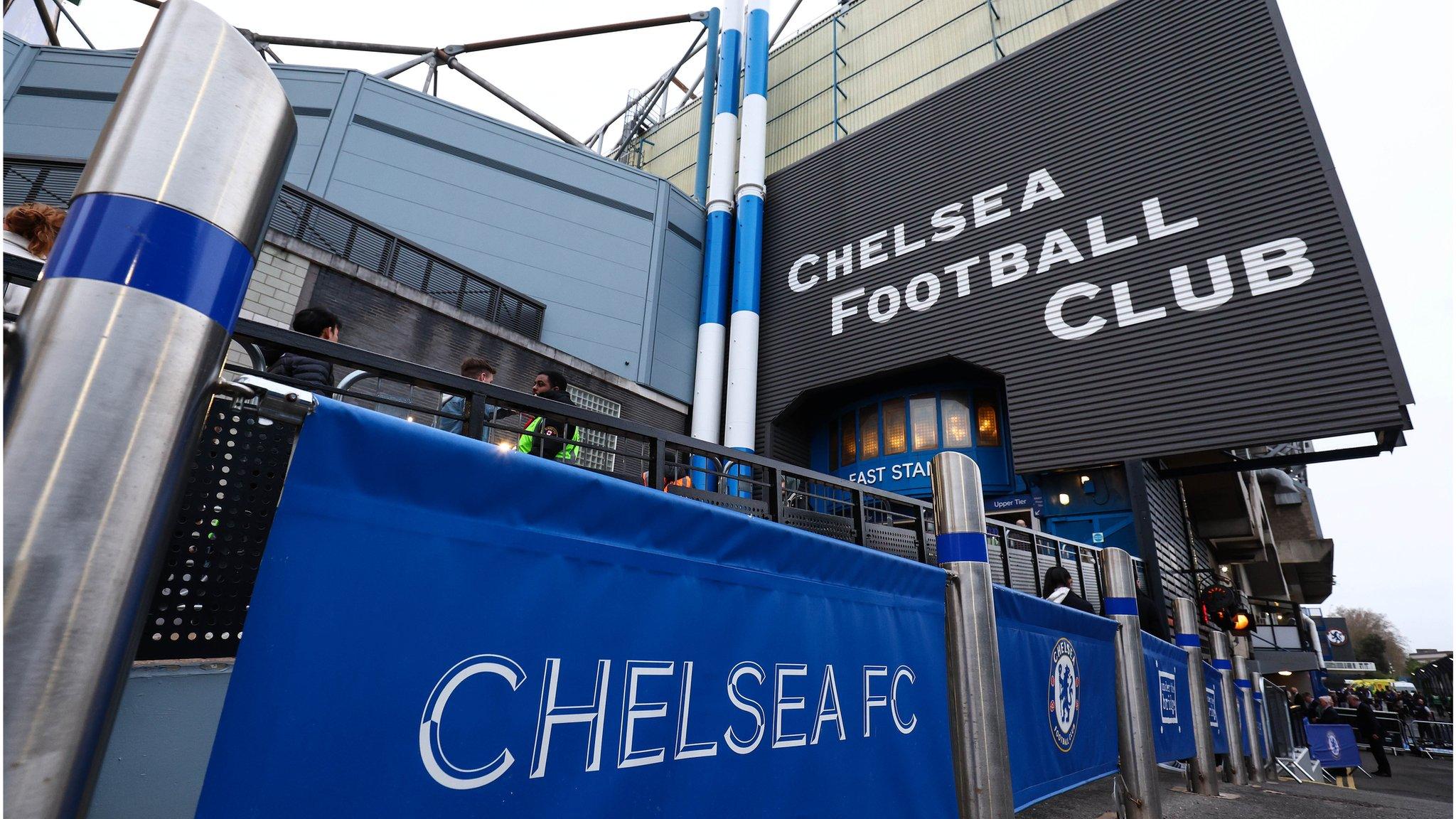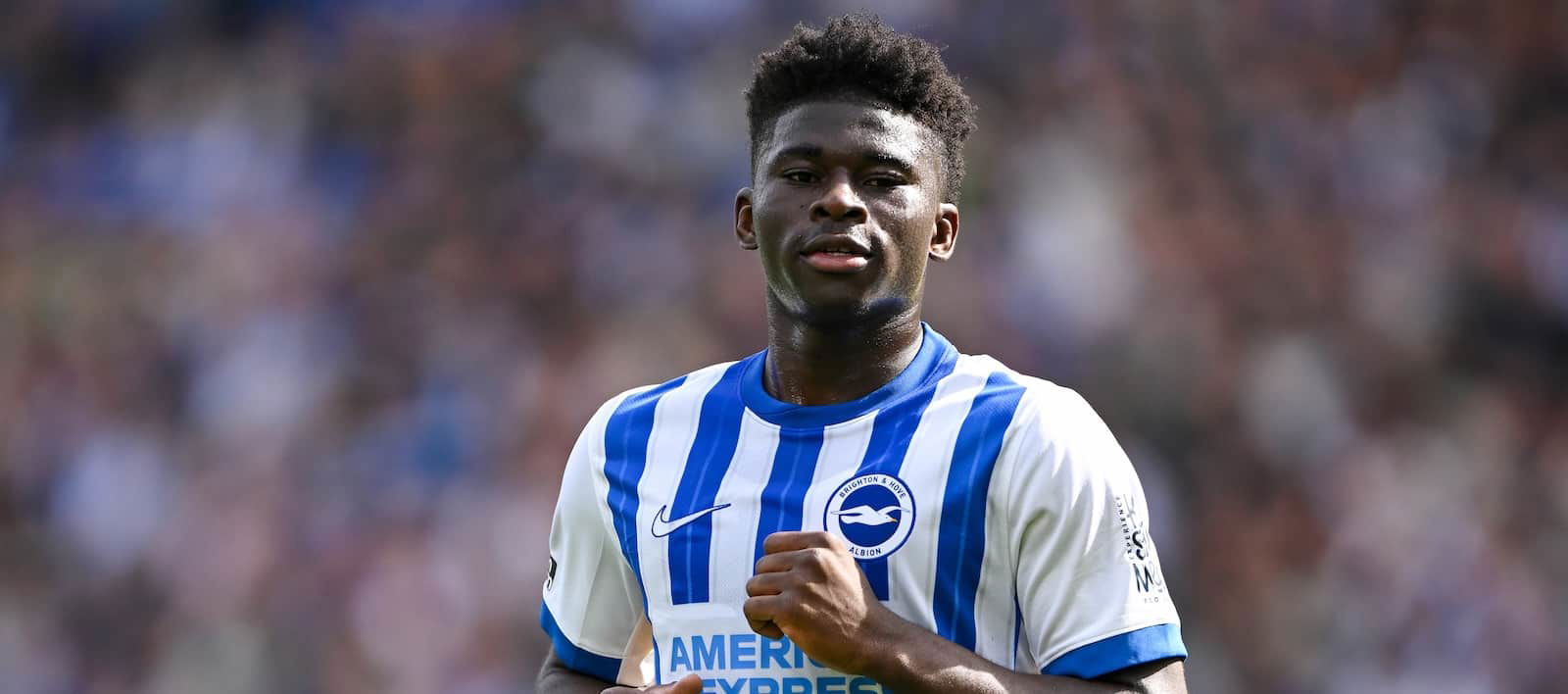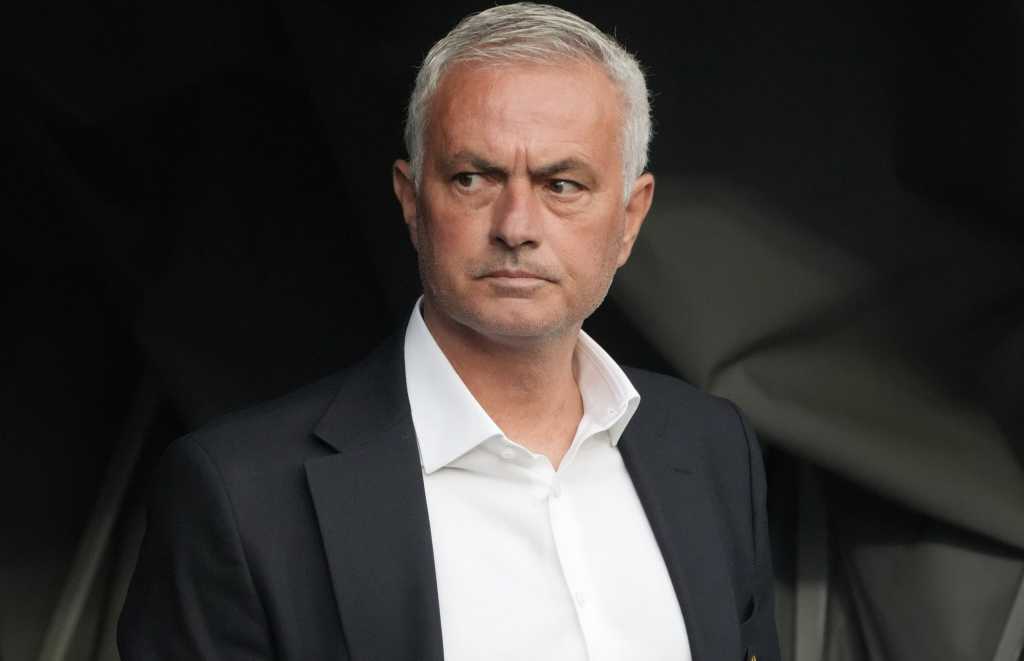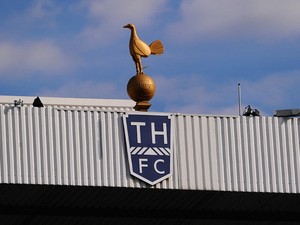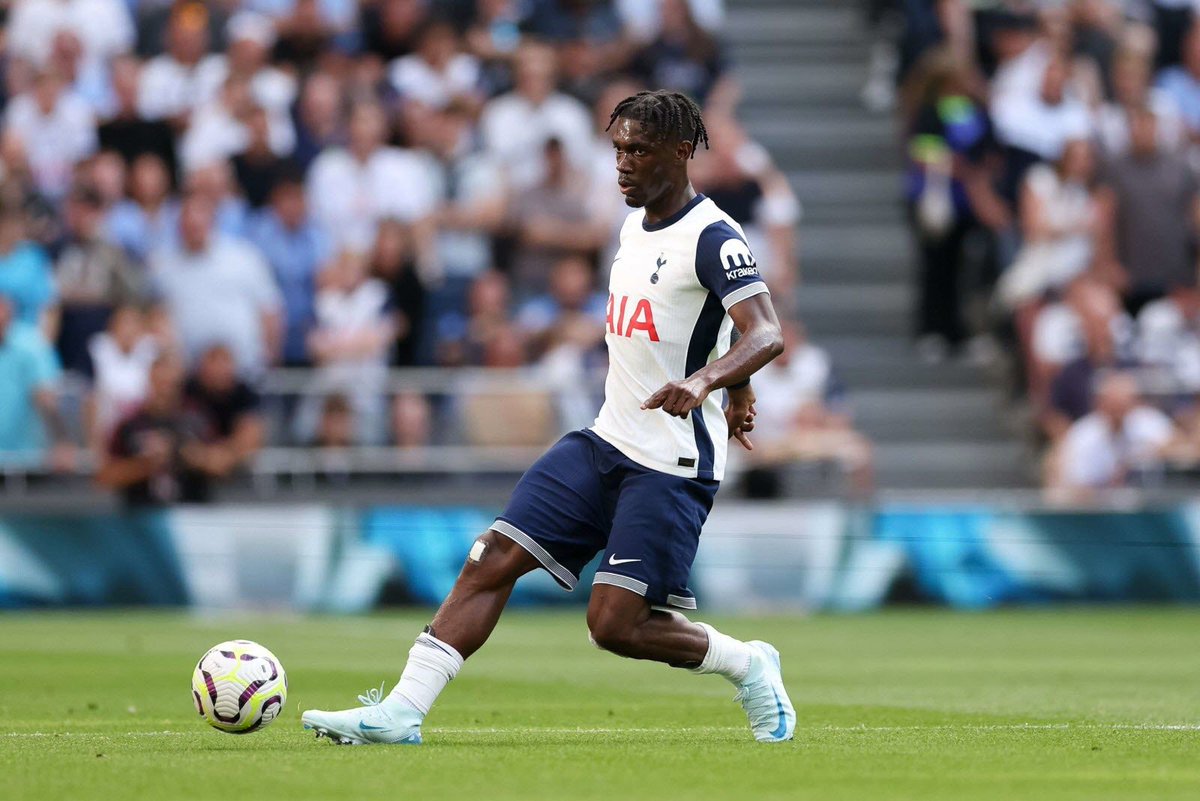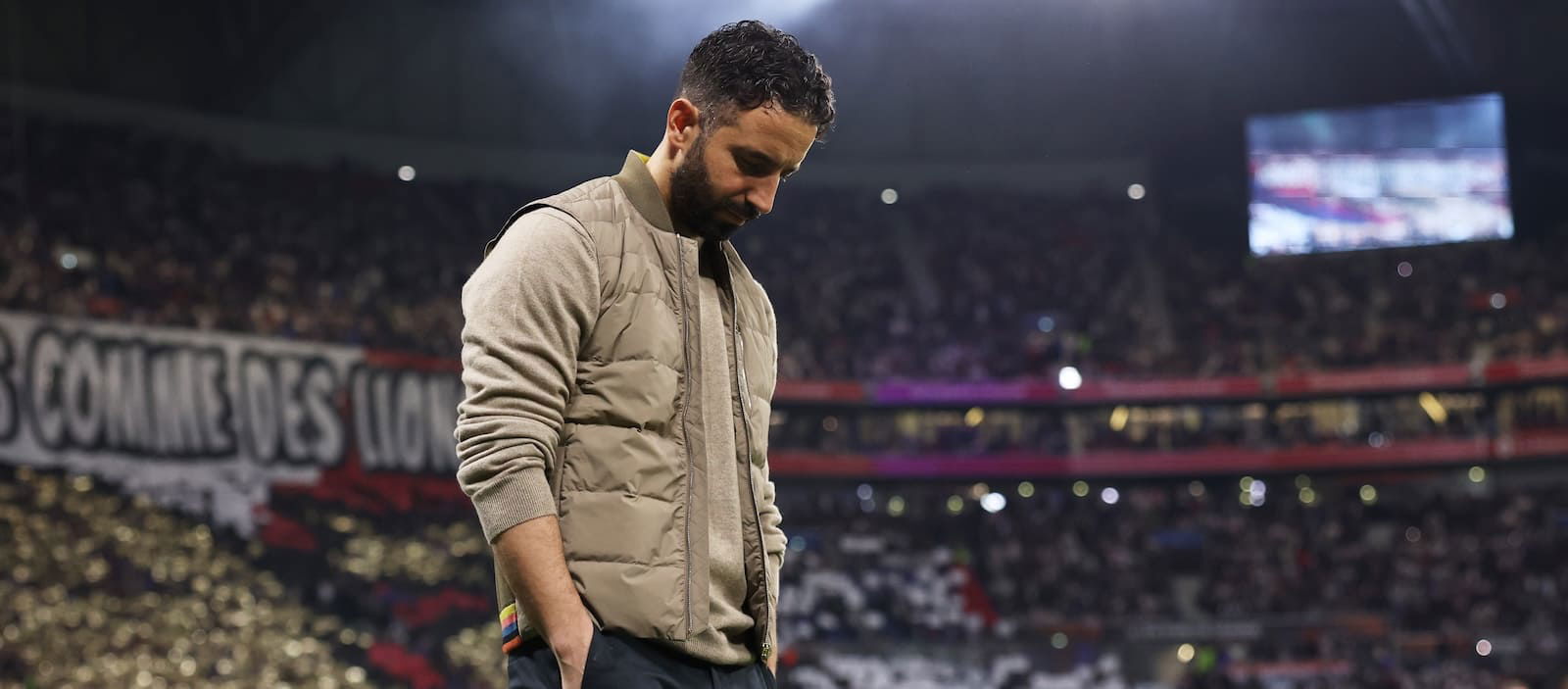With young stars like Lamine Yamal and Warren Zaïre-Emery ready to dazzle, expect a night of drama, brilliance, and potentially season-defining moments.
Barcelona began their campaign with a hard-earned win over Newcastle even in the absence of Lamine Yamal, with Marcus Rashford at the double.
PSG, meanwhile, picked up where they left off with a 4-0 dispatching of Atalanta and can now say they boast a Ballon d’Or winner in the newly-anointed Ousmane Dembele.
The Frenchman misses out on a trip back to Barcelona due to a hamstring injury as one of a number of key absentees for Enrique to deal with.
Barcelona XI: Szczęsny; Koundé, Eric García, Cubarsí, Gerard Martín; De Jong, Pedri; Lamine Yamal, Dani Olmo, Rashford; Ferran Torres.
PSG XI: Chevalier; Hakimi, Zabarnyi, Pacho, Nuno Mendes; Joao Neves, Vitinha, Fabián Ruiz; Mbaye, Mayulu, Barcola.
Barcelona have only lost one of their last 12 home matches in the Champions League.
PSG have won their last four Champions League games by a combined scoreline of 12-1, and the last two by 9-0 combined. ..Continue Reading
FT: Barcelona 1-2 PSG.
THE CHAMPIONS LEAGUE WINNERS HAVE BEATEN BARCELONA AT THEIR OWN GROUND DESPITE MISSING DEMBÉLÉ, JOAO NEVES, KVARATSKHELIA AND DOUÉ! ????????????
PSG SCORE!!!!
2-1!!!!!!
RAMOS WITH THE GOAL!!!!
86 mins
More subs for Barca as Garcia makes way for Andres Christensen.
PSG are finishing the 90 minutes in the ascendancy!
83 mins
Vitinha’s free-kick from deep ends up winning a corner, before the Portuguese’s cross ends up being headed over by Zabarnyi. He was offside anyway.
81 mins
Yamal has been quieter of late but he reminds the PSG defence that he’s there as he cuts back outside and curls an effort wide of the far post.
PSG make two changes as Mayulu and Barcola come off for Lee Kang In and Quentin Ndjantou.
77 mins
Some good defending from Cubarsi there as PSG got into the box and Ramos cut back before winding up the shot, but the Spaniard had read it and was there to clear.
Moments later, Torres does well to track back and prevent Hakimi driving into the box.
72 mins
Good defending from Hernandez there as he steps in to shepherd Yamal away from Rashford’s clever though ball.
Barca make their first subs of the day, as Olmo, Rashford and Martin make way for Marc Casado, Robert Lewandowski and Alejandro Balde.
PSG follow by bringing on Goncalo Ramos for Fabian Ruiz.
66 mins
An interesting sub here as Lucas Hernandez comes on for Mbaye, with Mendes moving to left-wing to avoid having to defend Yamal!
65 mins
CLOSE! How are the hosts not ahead!?
Yamal picks it up on the right and picks out the run of Torres, who’s marauded into the box. He looks to pick out Rashford at the near post but the cross is blocked and it rebounds straight to Olmo, who has a golden chance a few yards out and under no pressure.
It looks destined to be a goal but Hakimi gets back to block a certain goal! Not quite off the line but might as well have been.
63 mins
Yamal lines up the free-kick but he fires over, before the hosts quickly regain possession in their own half.
61 mins
Plenty of gaps in midfield at the moment and PSG almost expose them, with Hakimi almost getting onto the end of a through ball in the box.
At the other end, Mendes looks worried as he fouls Yamal right on the edge of the box, but he escapes without a second yellow.
58 mins
Rashford does well to ease some of the pressure, going up the other end and winning a corner after some good carrying. Pedri swings in a cross but Chevalier catches it easily, before Olmo is yellow carded for ending the counter.
56 mins
Plenty of whistles around the stadium, which tells you that PSG are beginning to dominate possession. The visitors are beginning to turn the screw, and they seem to have figured out that Barca are weaker down their left, where Martin got beaten easily moments ago.
53′
Good effort by Bradley Barcola as he directs a shot on target, but the keeper saves it
52 mins
Some good dribbling from Mbaye in the Barca box but it comes to nothing as the home defence closes him out.
46 mins
Early half-chance for Rashford but his shot from distance is blocked.
KICK-OFF! Barcelona 1-1 PSG
Back underway at the Olympic Stadium!
Halftime: It’s been an intense first 45 minutes between Barcelona and PSG. All to play for in the second half!
we have 2 minutes of added time in this half
41 mins
More PSG pressure almost pays off almost right away, with the visitors wasting an opening before Barcola rinses Garcia but can only fire over the bar.
PSG make it look simple, with Nuno Mendes dribbling past a couple of challenges before slipping a pass to Mayulu. Cubarsi misreads it and slides in, missing the ball to give the forward plenty of space as he fizzes an accomplished finish past Szczesny.
SENNY MAYULU with the goal.
PSG ARE BACK!!!!!
1-1!!!!!
GAME ON!
34 mins
First yellow of the day is for Frenkie de Jong as he cynically brings down Nuno Mendes after the Portuguese had evaded three or four challenges between his own half and midway into Barcelona’s.
On second look, the Dutchman rakes his studs down the back of Mendes’ leg a little, and there’s a VAR check here – but it’s cleared.
31 mins
Lovely dribbling from Mbaye on the edge of the Barca area and he wins a free-kick as Rashford scythes him down on the wing near the edge of the box.
The free-kick comes in but Szczesny palms it behind for a corner, before Rashford heads clear and Vitinha fizzes an effort well over.
24 mins
Oh, close from PSG! The wrong decision from Barcola though.
Yamal loses the ball near halfway and suddenly PSG can spring a counter, with Barcola latching onto the through ball but deciding against taking a shot for some reason! He was 1-v-1 with Szczesny for a moment too!
22 mins
A lovely goal all-round from the hosts, and just as PSG were starting to settle too. The hosts deserve their lead for now though.
GOAL!!!!!
FERRAN TORRES SCORE, RASHFORD WITH THE ASSIST
1-0!!!!!
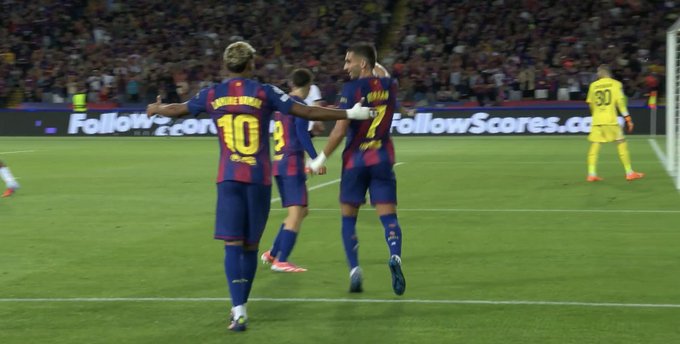
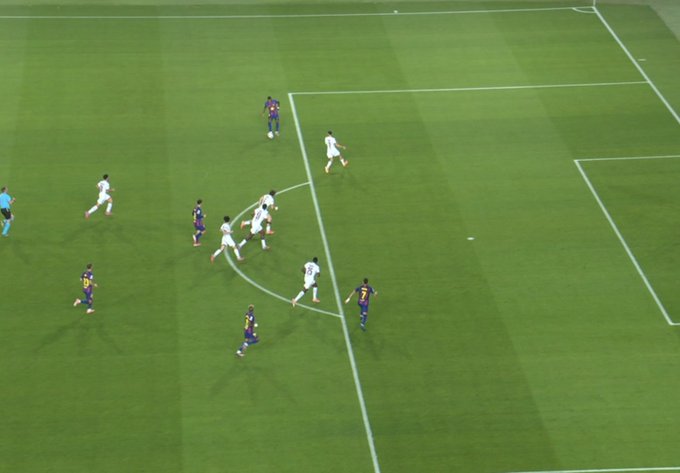
IT WAS VITINHA WHO MADE A HORRIBLE MISTAKE!
THE MAN WHO CAME 3RD IN THE BALLON D’OR, THE MAN WHO GOT RANKED 8 (!) SPOTS ABOVE PEDRI!
What a chance for Torres!
15’ Barcelona 0-0 PSG
That was a sensational pass from Lamine Yamal from deep with the outside of his boot.
It curls in behind the PSG back line and perfectly into the path of Ferran Torres who is denied by Zabarnyi after taking it around the goalkeeper.
An outrageous ball.
13 mins
PSG have grown into the match but their forwards are looking a little isolated at times, with Garcia the latest to do well to defend against Mayulu.
The French side are happy to recycle possession, though they’re not firing much space in the Barca defence at present.
7 mins
The first 1-v-1 battle between Mendes and Yamal goes the way of the PSG defender, with Yamal initially looking like he’d got past but the Portuguese sliding in well to take it off him in the box.
Barcelona 0-0 PSG
6 mins
An early foray forward for PSG sees Szczesny collect an early cross under no pressure.
The hosts are already dominating possession at the Olympic Stadium.
